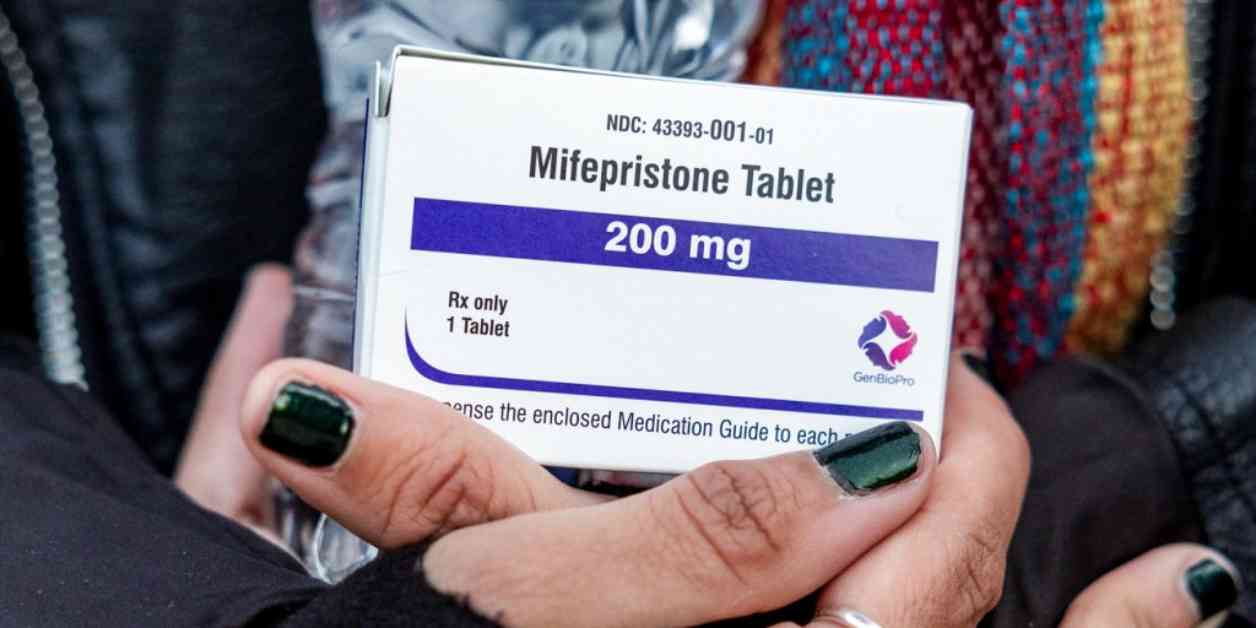Kaniya, a 21-year-old college student, found herself facing an unplanned pregnancy during spring finals last year. She realized that she did not have the financial resources or the capacity to care for a child. Living in a state with strict abortion bans, she struggled to find an available clinic near her Maryland home. Eventually, she made the decision to undergo a self-managed abortion with the help of advocacy groups, obtaining the necessary pills for the procedure.
The rise in self-managed abortions post-Dobbs decision is becoming more prevalent as states implement stricter abortion restrictions. A recent study from the University of California, San Francisco, found that the percentage of women self-managing abortions increased from 2.4% to 3.4% in the year following the Dobbs decision. This increase coincides with a rise in the average number of abortions per month nationwide.
Epidemiologist Lauren Ralph emphasized the importance of connecting individuals to safe and effective abortion methods rather than restricting access. The study also revealed that women reported using various methods for self-managed abortions, including herbs, emergency contraception, alcohol, and drugs. While some experienced complications such as bleeding and pain, serious side effects were rare.
Dr. Nisha Verma, an OB-GYN specialist, highlighted the reasons why women opt for self-managed abortions, including privacy concerns and restrictive state laws. She expressed the relief and desolation experienced by her patients depending on their access to abortion care. Awareness and education are crucial in empowering individuals to make informed decisions about their reproductive health.
Susan Yanow, an advocate for self-managed abortions, emphasized the importance of providing information and access to medication abortions. Despite legal challenges, medication abortions have become increasingly common in the U.S. and are considered safe when administered correctly. The World Health Organization updated its guidance to recommend self-management with these medications for women up to 12 weeks pregnant.
Yanow is working to demedicalize and destigmatize the use of abortion pills, highlighting that individuals can safely use them at home with proper knowledge and guidance. Kaniya shared her personal experience with self-managed abortion, noting that she felt relieved to have control over her own reproductive health decisions in a private setting.
As the landscape of abortion access continues to evolve, it is essential to prioritize education, access, and support for individuals seeking abortion care. Empowering women to make informed choices about their reproductive health is crucial in ensuring their well-being and autonomy.


















